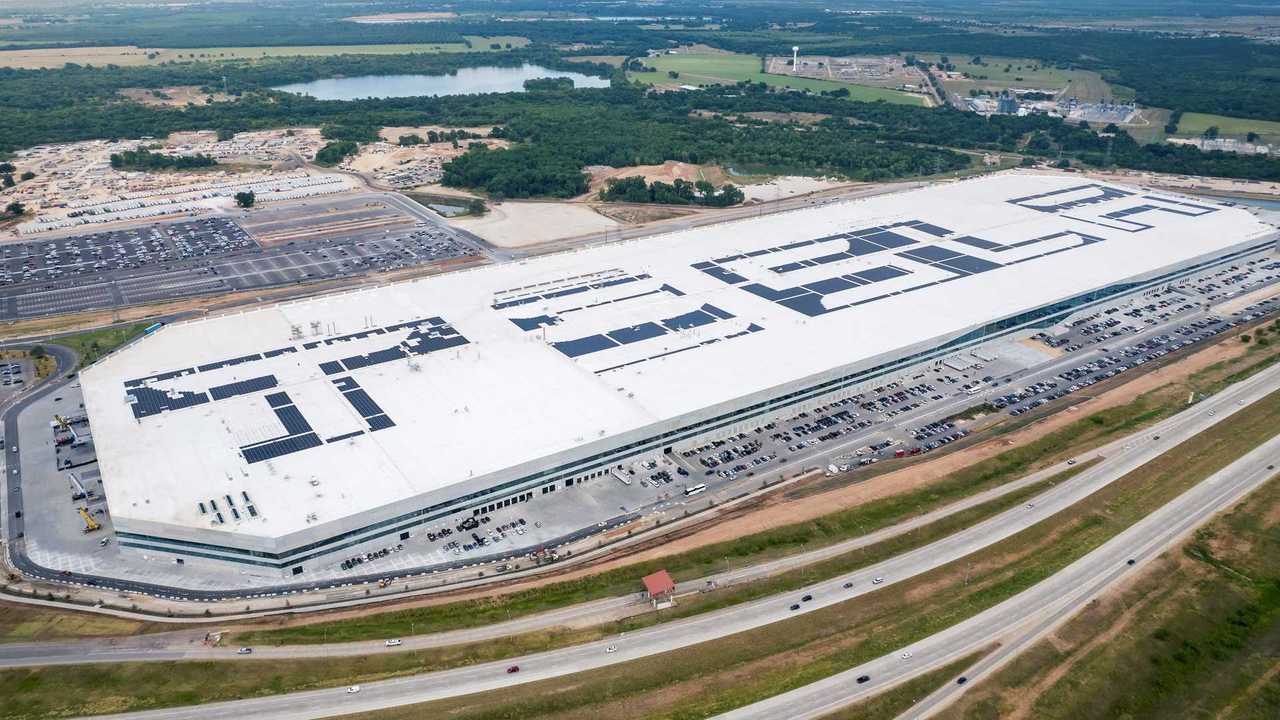
On May 31, Elon Musk asked salaried staff to work from the office for a minimum of 40 hours a week before being allowed to do remote work, "or depart Tesla."
Tesla's CEO is not a big fan of remote work and said that only "particularly exceptional contributors for whom this is impossible" will be exempted from the new policy, with each case to be reviewed and approved directly by him.
Later on, it emerged that Tesla is monitoring employees' attendance via badge use. So what has been the effect of these changes more than three months after Elon Musk's back-to-office order was implemented?
According to CNBC, which cites unnamed Tesla employees in the US and internal documents, things are not looking good. Tesla still lacks the room or resources to bring all its employees back to the office, and the fact that employees cannot work remotely as much as they used to has caused a decline in morale.
Generally, Tesla had been open to remote work for salaried staff before the Covid-19 pandemic as the company's workforce expanded significantly in recent years. Despite that, the company did not build enough new workspaces or buy enough office equipment at its existing facilities to bring all office employees and long-term contractors in forty hours per week.

For example, several people who work at Tesla's San Francisco Bay Area offices said the company wanted to bring its employees to the office for three days a week, but a shortage of desk space, chairs, parking spots and other resources proved too much. Tesla found a workaround by setting staggered in-office schedules back to two days per week.
The report goes as far as to claim that even simple supplies like charging cords and dongles have been in short supply, and that crowded conditions send people to take phone calls outdoors due to a shortage of conference rooms and phone booths.
These problems, as well as the fact the company is now surveilling employees' attendance—Musk and other execs receive detailed weekly reports on absenteeism—have caused a significant decline in morale among some employees, according to internal messages seen by CNBC.
Tesla does have a problem with absenteeism: about one-eighth of employees were out on a typical day in Fremont, California, in early September, according to internal records seen by the business publication. Across the entire company, the presence was slightly better, with about one in ten employees being absent on a typical work day.
There's a lot more in the CNBC report, so check it out in full at the link below.







